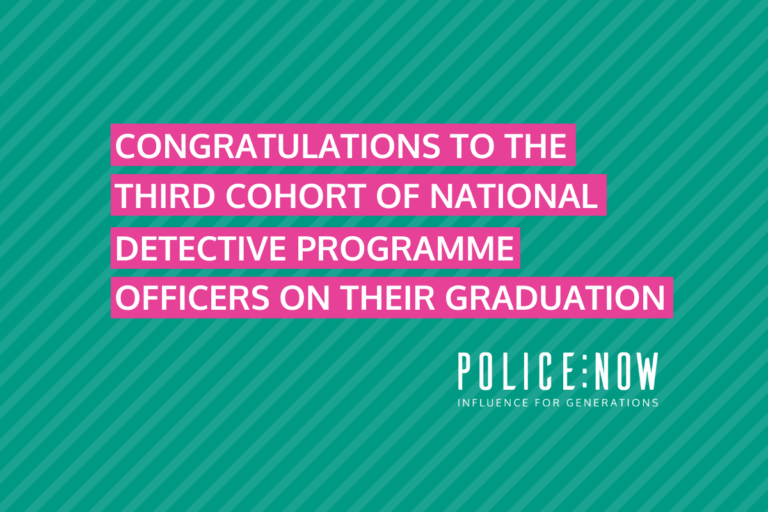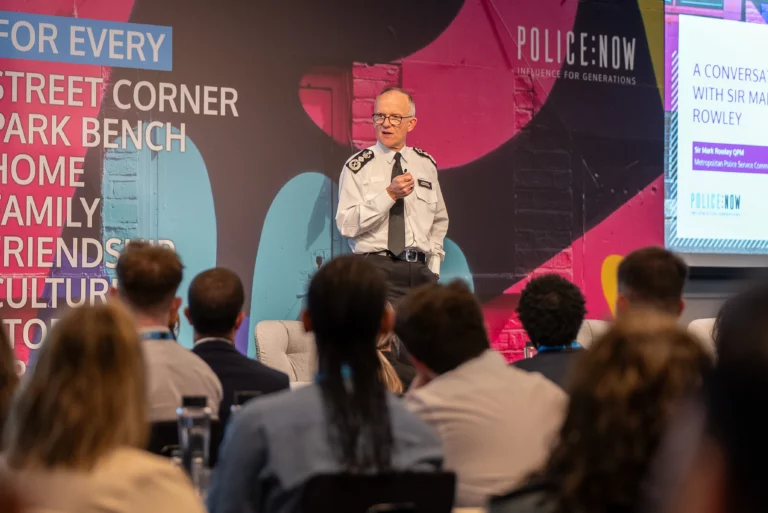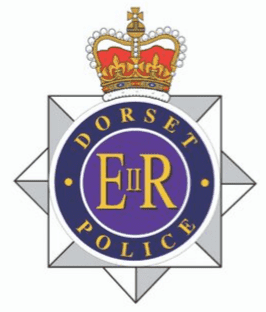I recently attended and presented at two separate one day ‘Evidence Based Policing’ (EBP) masterclasses for Police Now.
There were a number of speakers from the police research world including practitioners, academics and researchers – Matt Ashby (NTU), Gloria Laycock (UCL), Levin Wheller (College of Policing) and Liam Fenn (Police Now) and Roger Pegram (GMP). It was aimed at all the cohorts of Police Now officers across the country and it seemed to go down really well with attendees.
When I first went along to a Police Now 100 Day Impact event in London it really struck me that what these officers are expected to do in their first 100 day impact project is a piece of research: the identification of a problem through data collection and analysis and then the subsequent application of something that might make a difference to that problem. The work might not be thorough robust research, but it may provide insight into something that looks like it might have worked if someone wanted to pick it up and run a longer term evaluation of it. The EBP masterclass attendees, when I chatted to them during and after the event, said how the day would help them develop their projects and indeed, those that were from original earlier cohorts, voiced that they wished they had had it earlier.
Three features of the masterclass stood out to me:
1. Listening to feedback
This is a brief thing but I like the way that the team at Police Now listen to the feedback from the attendees and change events based on that feedback. Making it useful to participants is seen as vital by the internal staff there and I thought this was a really good indication of their broader willingness and ability to change, move on and recognise where things might not have been great!
2. The challenge of change
Being different and doing stuff differently is hard. The entire concept of Police Now has been argued against by many. Indeed, at the College of Policing conference last week the CEO, Dave Spencer very eloquently and honestly discussed the challenges he faced when he was setting up the concept in the MPS. The same news came from a recruit from Cheshire Police at the conference. This was exactly the same challenge we faced as researchers in the MPS – an observation that came to me whilst presenting with my former colleague Liam Fenn. If we are very honest about it, just about any officer who seeks to drive change and do something differently faces this challenge – whether this is me, police academics, the guys in the audience or the College of Policing for bringing about a whole new agenda to professionalise the police.
Being an innovator is hard, counter cultural and can produce negative consequences for individuals. I think many of us have experienced this and it can result in conformity – back to the norm, or indeed people leaving the job or role they are in. So really, maybe we have more in common than we often think. Messages about being brave, creating a culture of curiosity and finding ‘friends’ to support your ideas were a theme throughout the day and an important part of it – being different is complicated.
3. Research
Research can be scary for people. The gold standard RCT approach can seem too much for many and indeed unrealistic in an organisation that wants to drive forward things quickly. Being able to hear from Gloria Laycock about the importance of ‘how’ and ‘why’ questions, from Levin Wheller about the wider definitions of EBP and from Matt Ashby about the role of experience was I am sure comforting to some of those attending. As I have said before I would love it if all officers could get this input as many of them do this work too. I am sure that being told when they asked questions that a small pilot in this context would suffice was very reassuring and helpful to them. Plus being given signposts for where they might go for further help was clearly useful.
Overall the EBP masterclasses were great and the engagement from many of the attendees was thoughtful and considered. They discussed quite complex problems and had thoughtful ideas about driving change in these areas. I’m not suggesting that officers already in the police and those entering the police by other means are not. I have always wished that officers at all levels could access some of this extra knowledge and support – but for someone who worked in the police as a researcher for twelve years and witnessed first hand the difficultly with challenging current practice and accepting failures (even with evidence), these developments are exciting. I hope that the broader policing world will eventually offer events like to everyone in the police.
Thanks for the invite and see you next year!






